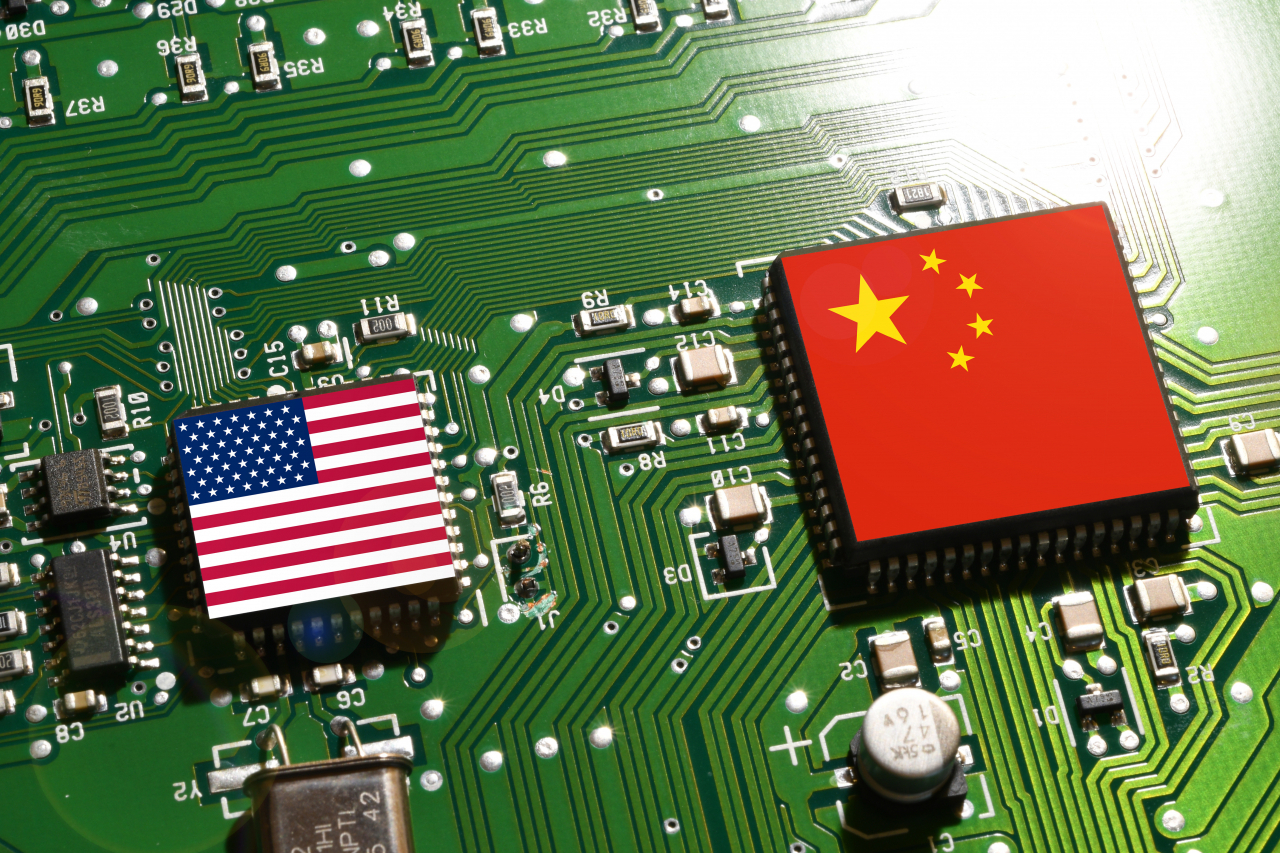
 |
| This file photo depicts the technological rivalry between the United States and China. (123rf) |
The United States issued final rules Monday to curb US investments in artificial intelligence, semiconductors and other technology sectors in China, calling them a national security measure to keep those advanced technologies away from "countries of concern."
The Treasury Department unveiled the rules -- effective Jan. 2 next year -- to implement an executive order signed by President Joe Biden in August 2023, as Washington has been striving to limit China's access to critical technologies that could be exploited to pose security risks to America.
The rules cover three categories -- semiconductors and microelectronics, quantum information technologies and AI. This set of technologies is "core to the next generation of military, cybersecurity, surveillance and intelligence applications," the White House said in a fact sheet.
The rules prohibit US persons from engaging in certain transactions involving the defined set of technologies and products that pose a "particularly acute" national security threat, it said. They also require US persons to notify the Department of the Treasury of certain other transactions involving those technologies and products that may contribute to a security threat.
China, along with the special administrative regions of Hong Kong and Macau, is identified as a country of concern subject to the rules.
"AI, semiconductors and quantum technologies are fundamental to the development of the next generation of military, surveillance, intelligence and certain cybersecurity applications like cutting-edge code-breaking computer systems or next-generation fighter jets," Assistant Secretary of the Treasury for Investment Security Paul Rosen said in a press release.
"This final rule takes targeted and concrete measures to ensure that US investment is not exploited to advance the development of key technologies by those who may use them to threaten our national security," he added.
The rules were announced following extensive consultations with stakeholders, congressional members, industry people, and foreign allies and partners, the White House said. (Yonhap)









